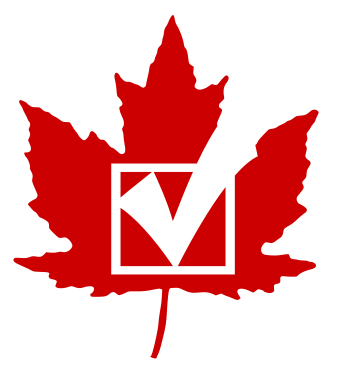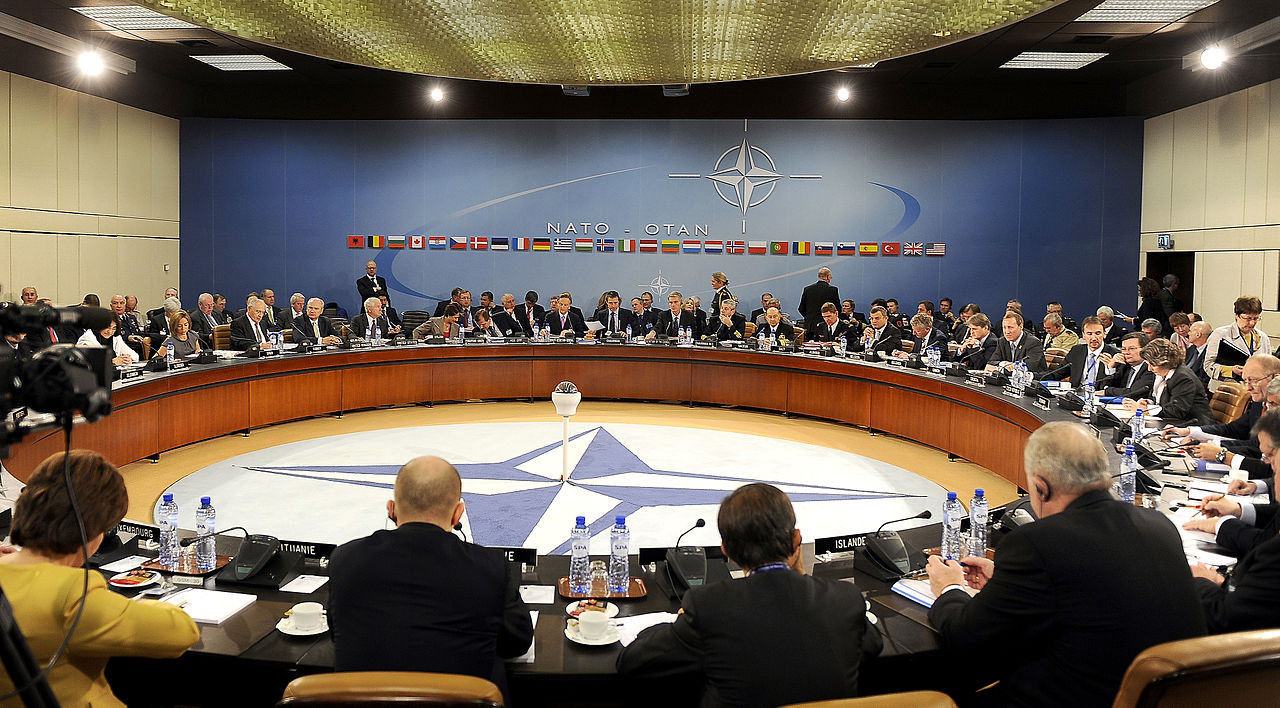With the October federal elections approaching, politically motivated High School students might be frustrated at their inability to actively participate in Canada’s democratic process. Nevertheless, while most will fall short of the 18 years threshold, there are other ways for youths to take part in the elections without necessarily submitting a ballot. In fact, parties and government agencies encourage young Canadians to join their ranks in activities surrounding the electoral process. This article will present some of the ways you can participate, and also affect the outcome of the suffrage.
Student Vote
Since the 1980s, voter turnout for young Canadians (aged 18-24) has continuously declined, reaching an all time low of 38.8% in 2011 – as opposed to over 75% for the 65-74 bracket. To counteract this trend, governments have put in place a number of programs targeting high school students in an attempt to politicize them before they reach majority.
Figure 1 – Estimated Voter Turnout in Canada by Age Group, 1965–2000
The most successful of these programs is perhaps ‘Student Vote’. Established in 2003, the program organizes parallel elections across Canada in elementary, intermediate, and high schools around election time. Students take up all roles surrounding the electoral process; they are responsible for organizing polling stations, registering their classmates, and assisting ‘voters’ at the polls. Like their fellow Canadians, students cast their vote for one of the official candidates in their district. During the 2011 federal election, 3750 schools participated in the ‘Student Vote’ program, with over 560,000 students casting ballots. The program is entirely funded by the government, and any Canadian school can take part.
Work for Elections Canada
On every Election Day, thousands of Canadians take up the job of ‘elections officer’ to insure the smooth running of the electoral process. Their tasks include: setting up the polls, registering voters, ushering voters to polls, assisting voters with instructions, and counting ballots once the boxes are closed.
While priority is given to individuals who are qualified electors, Canadians as young as 16 are eligible to take up elections officer positions in the electoral district where they reside. Elections officers work around 12 hours on election day, and receive a salary well above minimum wage.
Volunteer with a Political Party
In every election campaign, parties rely on their volunteers to complete a wide range of necessary tasks that they cannot remunerate due to budget constraints strictly enforced by Elections Canada. The range of tasks will vary greatly depending on the party, candidate, or funding, though they generally include: fundraising, canvasing, putting up posters, and organizing events.
Volunteering can be a good way for high school students to familiarize themselves with a particular party. It allows them to build a network within the party through their interactions with candidates and fellow volunteers. In addition, volunteering offers a good inside look into the campaigning process for students who aspire to eventually become elected politicians.
Discuss
Although high school students cannot cast a ballot, they can still get their voices heard by discussing major issues with qualified electors. Whether with a family member, a teacher, or a friend, exchanging political opinions allows youths to get some of their concerns across, while getting insights from experienced voters. Who knows, perhaps some minors might even affect the way electors in their surroundings cast their vote.
One important way high school students can affect elections is by encouraging those around them to vote. Low turnout rates for young voters are a major issue that is continuing to worsen. Being at the border of this age bracket, chances are students know some of these voters who are nonchalant about their civic duties: convincing someone to vote can be just as important as convincing someone on how to vote.
The frustration that some high school seniors have about their inability to vote is understandable, especially since most are only a few months away from majority. Still, it’s important to keep in mind that the democratic process isn’t simply limited to suffrage, but extends to all the activities leading to it. Whether through campaigning, ballot counting, or simply talking to parents at the dinner table, there is no denying that minors have the potential to have an impact on the upcoming elections.





